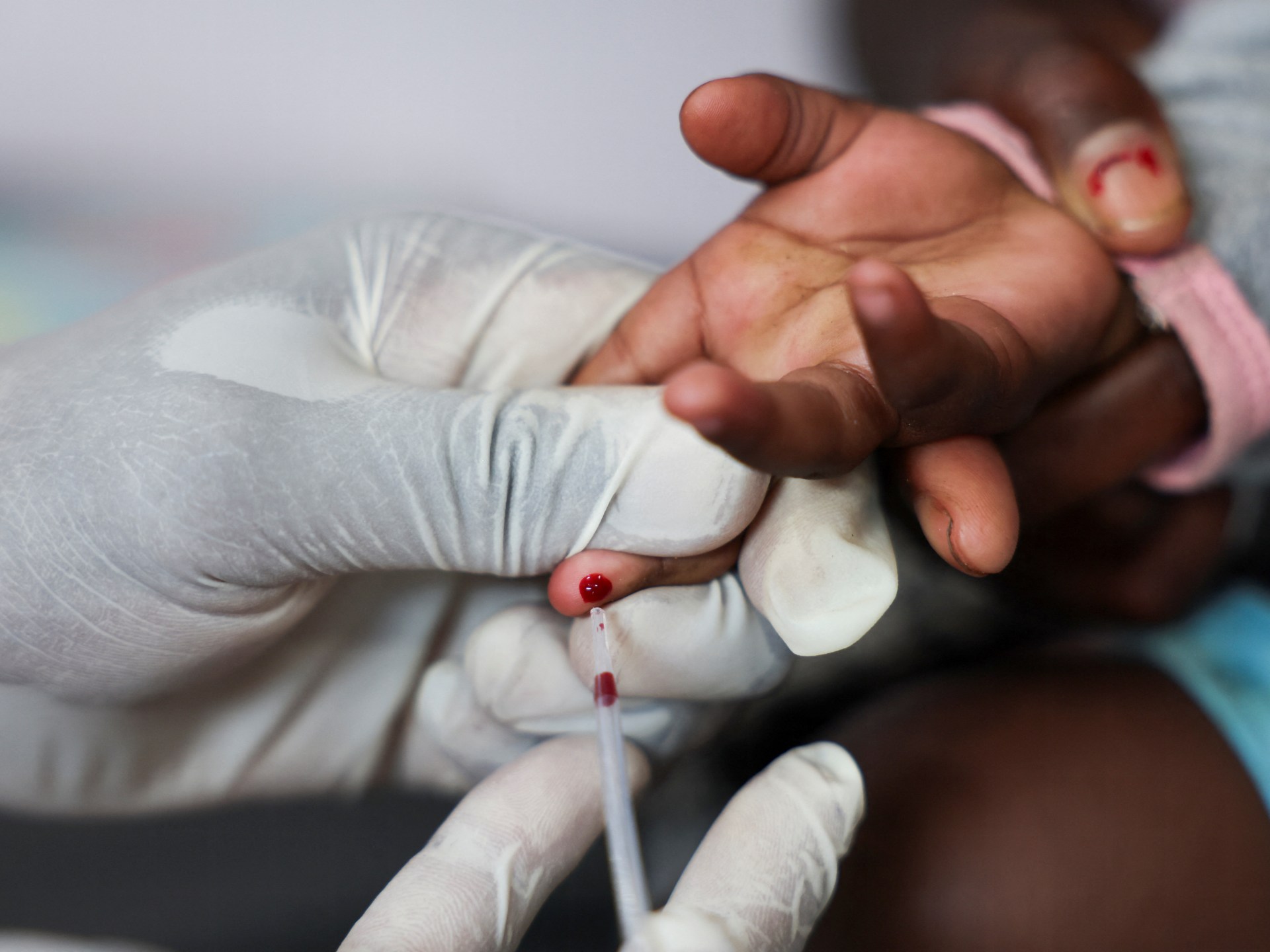Unless funding is replaced, the halt to foreign aid by the administration of US President Donald Trump could reverse “decades of progress” on HIV, the United Nations warns in its annual report on HIV/AIDS.
The United States’ decision to make cuts to the US President’s Emergency Plan for AIDS Relief (PEPFAR) could result in six million extra HIV infections and four million more AIDS-related deaths by 2029, according to the 2025 Global AIDS Update released on Thursday.
“HIV programmes in low- and middle-income countries have been rocked by sudden, major financial disruptions that threaten to reverse years of progress in the response to HIV,” the UNAIDS report said.
“Wars and conflict, widening economic inequalities, geopolitical shifts and climate change shocks – the likes of which are unprecedented in the global HIV response – are stoking instability and straining multilateral cooperation,” it added.
According to the report, people acquiring HIV and those dying from AIDS-related causes were at their lowest levels in “more than 30 years”.
However, by the end of 2024, the decline in numbers was “not sufficient” to end AIDS as a public threat by 2030.
Still, the report found that an estimated 1.3 million people acquired HIV in 2024, 40 percent less than in 2024.
In new infections, there was a 56 percent decline in sub-Saharan Africa, which is home to half of all people who “acquired HIV globally in 2024”.
“Five countries, mostly from sub-Saharan Africa, were on track to achieve a 90 percent decline in new infections by 2030 compared with 2010,” the UN added.
However, the significance of Trump’s cut to the programme is immense, as the US was the largest donor of humanitarian assistance worldwide.
“The sudden withdrawal of the single biggest contributor to the global HIV response disrupted treatment and prevention programmes around the world,” the report said.
While many countries still have enough life-saving antiretroviral drugs and clinics that support those most vulnerable to the infection – including gay men, sex workers and teenage girls – the cut in funding has forced the facilities to close down and prevention programmes to peter out.
UNAIDS Executive Director Winnie Byanyima told the Reuters news agency that “prevention was hit harder than treatment” by the cuts.
“Key populations were the worst affected … they depended on tailored services by community leaders, and those were the first to go,” Byanyima said.
However, even before Trump made the decision to scale back the support shortly after coming into office in January, donors, mainly European countries, were scaling back development assistance.
“They’ve told us that it has to do with defence spending,” she said, adding that figures showed “global health [spending] peaked and then it also started declining with the Ukraine war”.
Source: Aljazeera

Leave a Reply